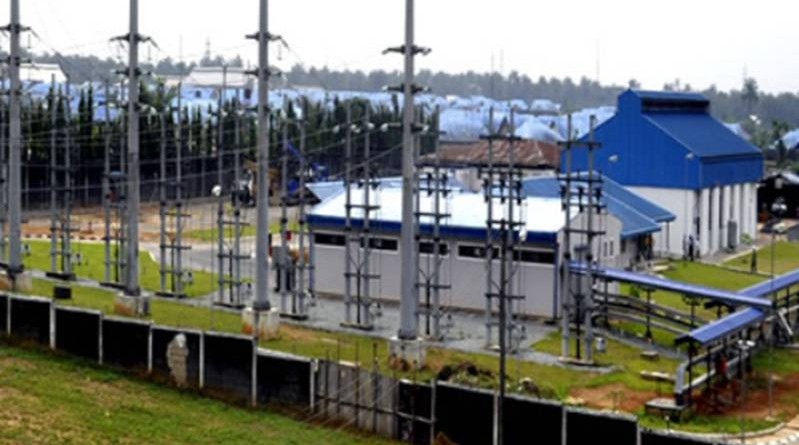Nigeria’s National Power Grid Collapsed 46 times from 2017 to 2023
The 2024 Electricity report by the International Energy Agency (IEA) has highlighted the recurring issues faced by Nigeria’s national power grid. According to the report, the power grid has collapsed a staggering 46 times between 2017 and 2023, resulting in frequent power failures. This can be attributed to various factors such as poor maintenance, outdated power infrastructure, financial constraints, and inadequate investment in the energy sector.
The report also reveals that Nigeria’s total installed energy capacity stands at approximately 13 Gigawatts (GW), but only 4.5 GW was available in 2023. This means that the country is operating at a mere 34.6 percent of its capacity. Such low operational levels contribute significantly to the continuous grid collapses and prolonged power outages. As a result, backup generators account for around 40 percent of electricity consumption in Nigeria, indicating a heavy reliance on these generators for power supply.
To address this critical issue, it is imperative for the government to prioritize substantial investment in upgrading and modernizing the aging power infrastructure. Regular maintenance schedules, including repairs and upkeep of transmission lines and transformers, should be implemented to ensure the longevity and optimal functioning of power facilities. Additionally, stringent oversight of power components is necessary to maintain reliability in the power supply.
Furthermore, diversifying the energy mix and incorporating renewable sources is crucial to reduce dependence on a single power generation method. This will not only enhance the sustainability of the energy sector but also contribute to a more reliable and resilient power supply.
In June 2023, the Nigerian government passed the Electricity Act as part of its efforts to attract more investment in the electricity sector. However, despite the implementation of this law over six months ago, there has been minimal improvement in the electricity supply. Therefore, it is essential for the government to evaluate the effectiveness of the new law and identify any necessary adjustments to encourage investment in the sector.




